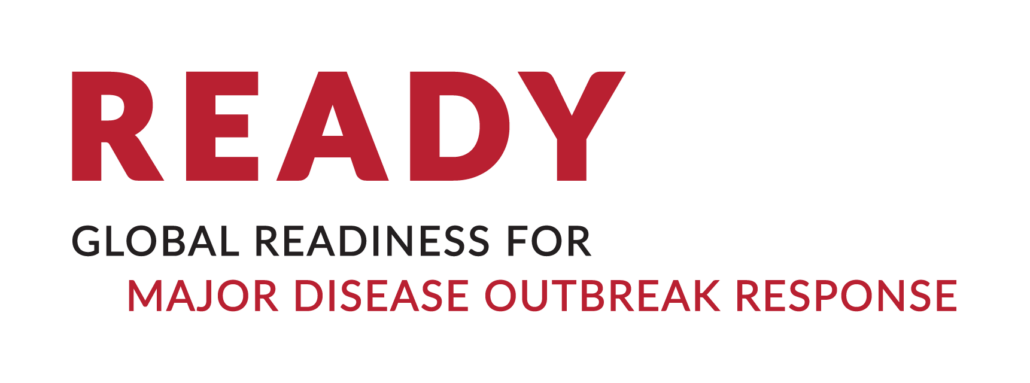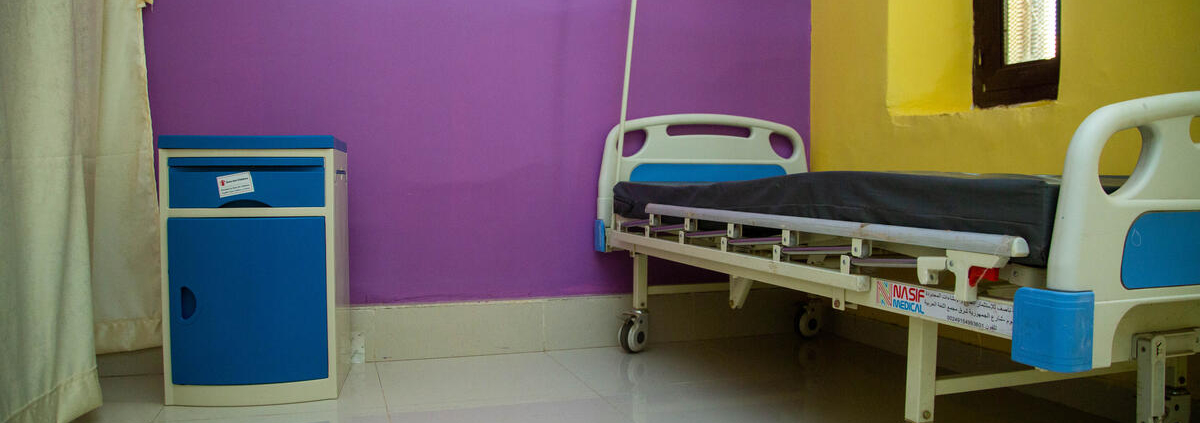Prevention and Response to Sexual and Gender-Based Violence in COVID-19 Quarantine Centres
Author: International Committee of the Red Cross and Red Crescent Societies
When the COVID-19 pandemic began, governments around the world quickly implemented measures to contain the spread and protect their citizens. Many governments set up quarantine centres; some countries built emergency camps on islands, while others used existing infrastructure, such as military bases, hotels and schools. Isolating people is crucial to containing the virus, but this can also expose quarantined people to other risks such as sexual and gender-based violence. This document provides recommendations based on international standards, good practice and lessons learned from ICRC operations, such as the Ebola response.
View the document in English here.


This website is made possible by the support of the American People through the United States Agency for International Development (USAID) under the READY initiative. READY (not an acronym) is supported by USAID’s Bureau for Democracy, Conflict, and Humanitarian Assistance, Office of U.S. Foreign Disaster Assistance (OFDA) and is led by Save the Children in partnership with the Johns Hopkins Center for Humanitarian Health, the Johns Hopkins Center for Communication Programs, UK-Med, EcoHealth Alliance, and Mercy Malaysia. The contents of this website are the sole responsibility of Save the Children. The information provided on this website does not necessarily reflect the views of USAID, any or all consortium partners, or the United States Government, and is not official U.S. Government information.


